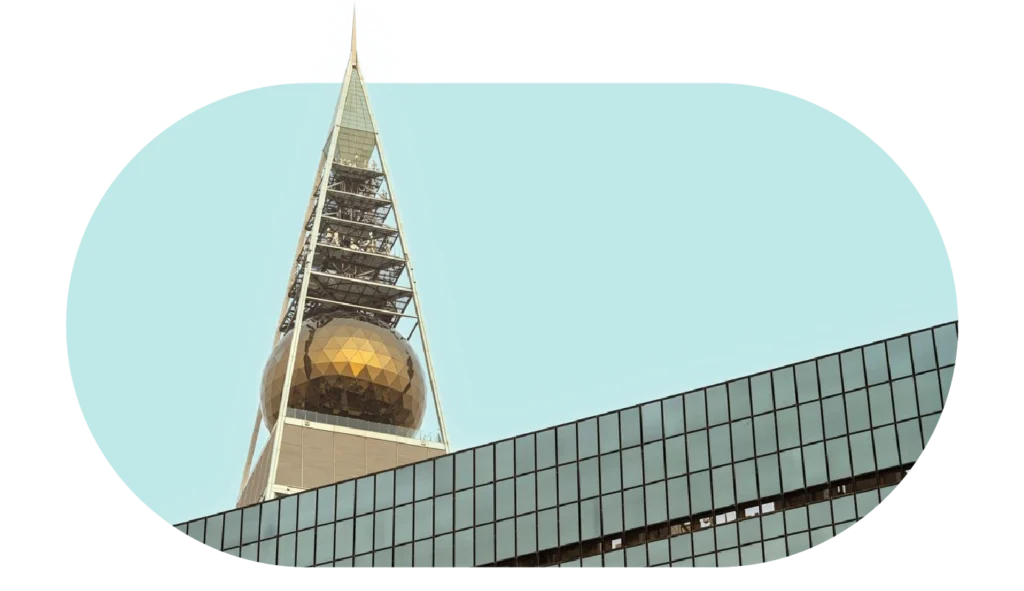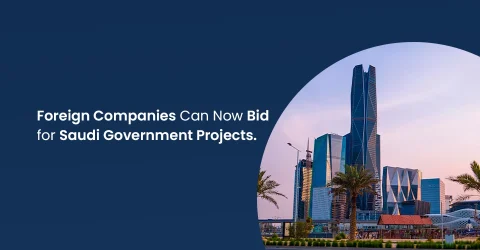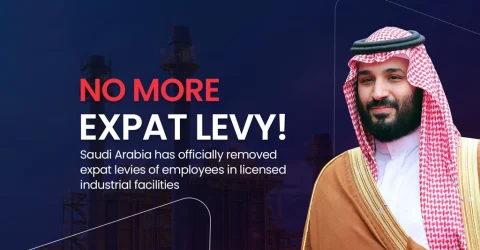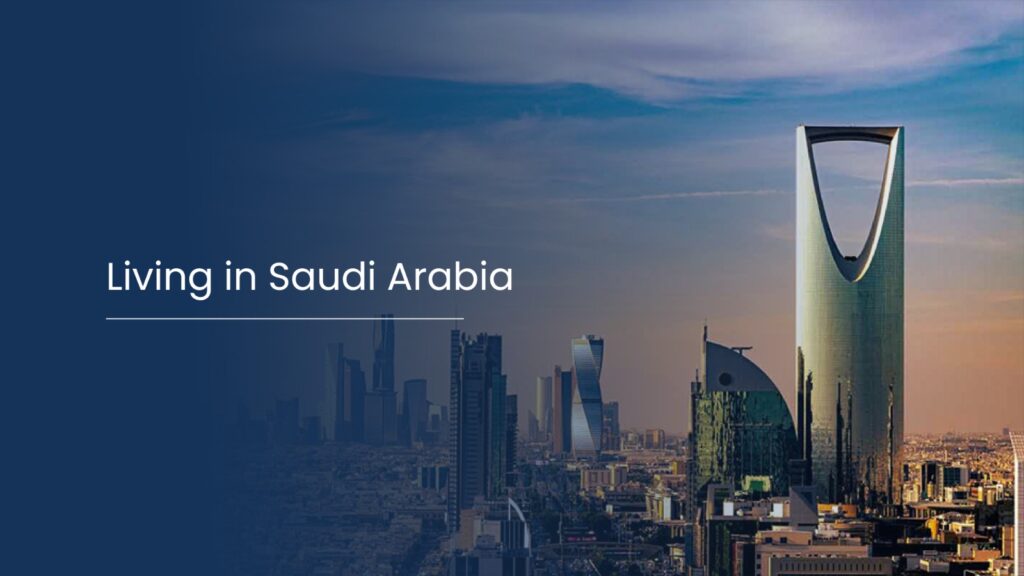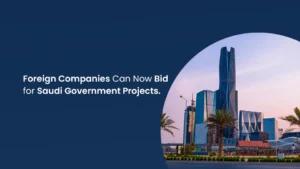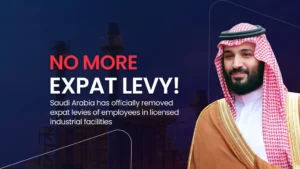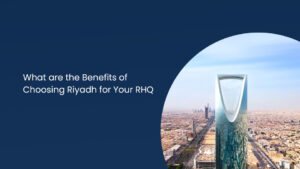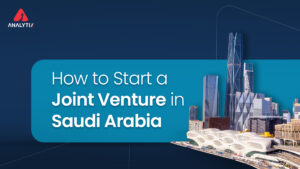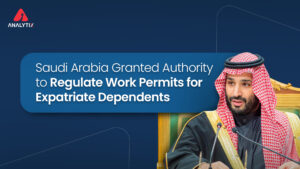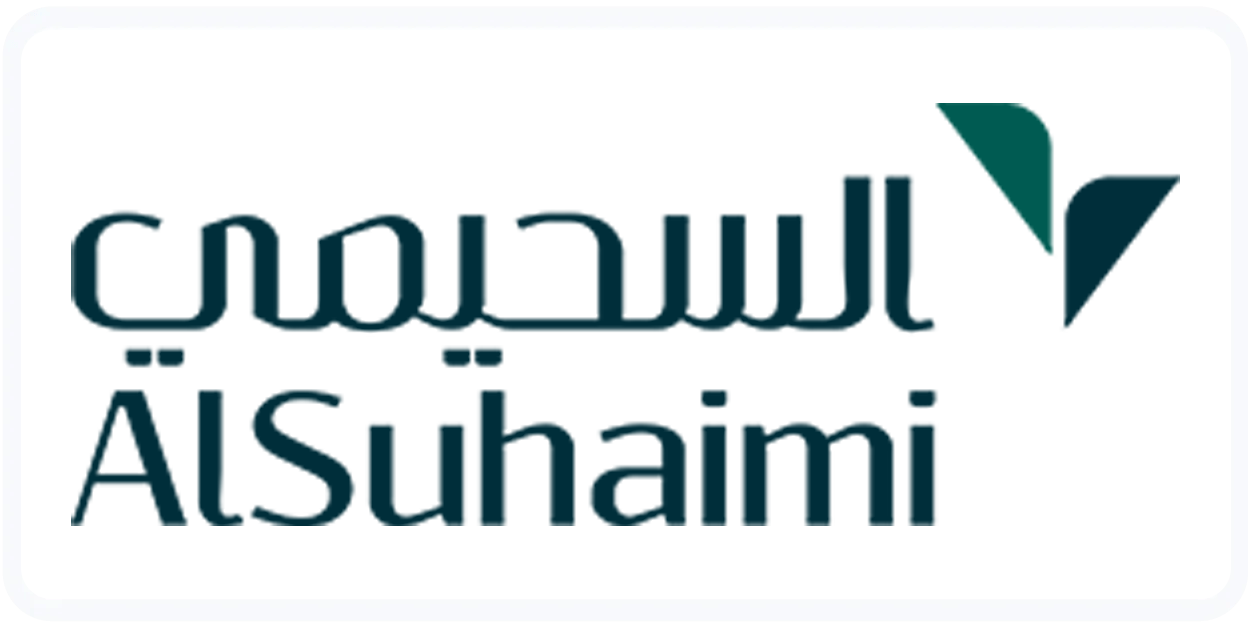The Kingdom of Saudi Arabia has a rich historical and cultural background with most of the advanced facilities and infrastructure. It has a population of 35 million with expatriates, and foreigners who prefer to work in KSA contributing to more than one-third of the population of this kingdom. There are a lot of opportunities in investment and business opened under Vision 2030 and investors from foreign countries are finding it extremely appealing to live and work in the Kingdom.
Here, you will find the advantages, the things to consider, transportation, culture, viable business, and employment in the Kingdom of Saudi Arabia. Analytix has included important details about the aspect of life in KSA here as someone who has direct experience in the context of Saudi Arabia. If you are planning to move to Saudi Arabia or you just wish to know more about the place, then this blog is for you.
Before going anywhere, do you want to know some serious facts about Saudi Arabia? Here, have a look.
- Population: 35 million with 13 million ex-pats. (estimated)
- Capital City: Riyadh (the largest city, with 7.6 million population)
- Official Language: Arabic, though English is widely used in business and government services
- Internet Domain: .sa
- Electricity: 125 or 220V, 50Hz, with various plug types
- Time Zone: GMT+3
- Traffic rule: Drives on the right
- Political System: Islamic absolute monarchy
Advantages of Living in Saudi Arabia
As a country that is rich in culture and history, with a modern infrastructure and amenities, moving and living in Saudi Arabia is going to get you a lot of advantages. Let us take a look at some of them.
- High-Paying employment opportunities
- Modern and sophisticated infrastructure and facilities
- Top-quality healthcare
- Rich cultural experiences
- Cost-efficient living
- Tax-free Income
- Good opportunities for education.
Factors to Consider Before Relocating to Saudi Arabia
Before making the decision to move, relocate, and live in the Kingdom of Saudi Arabia, there are several factors to be considered and researched in detail. We have come up with a list of some important factors to be taken into consideration.
- laws and regulations of the kingdom
- cultural and societal restrictions
- living expenses
- options for education
- facilities of healthcare
- options for entertainment
- climate and weather conditions
- participation and opportunities for women
Cost of Living in Saudi Arabia
The cost of living in Saudi Arabia is generally lower when compared with many other GCC and non-GCC countries. This is evident in the expenses related to housing and food. However, like any other place, the cost of living varies depending on the lifestyle of individuals and their place of living. Some of the expenses to be considered are:
- Housing (Accommodation)
- Food
- Transportation
- Miscellaneous costs (personal expenses, entertainment, leisure, etc.)
Another special feature of Saudi Arabia is the tax-free income and this can offset the cost of living, making the kingdom a cost-effective location.
Starting a Business in Saudi Arabia
Saudi Arabia, the largest economy in the Arab world, appears in the ranks of the top 20 global markets and presents a plethora of opportunities for entrepreneurs, businesses and Investors. According to Vision 2030, diversifying the economy will make this kingdom the prime destination for doing business, especially the cities of Riyadh, Jeddah, Dammam, etc. Analytix, as an expert with profound experience in the business landscape of Saudi Arabia, is the on-ground partner of any international business looking to expand into the flourishing market of Saudi Arabia. Apart from the support for business incorporation, Analytix can offer market insights, facilities for network building, allied services, and resources for business success.
Currency in Saudi Arabia
The national currency of the Kingdom of Saudi Arabia is Saudi Riyal (س.ر SAR). One Saudi Riyal is equivalent to one hundred (100) halalas, the lowest physical unit of Saudi currency.
It is very easy to exchange currencies at banks and exchange bureaus. The bureaus for currency exchange are commonly seen at airports, city centers, and tourist destinations as well.
One can use Visa, MasterCard, and American Express credit cards and also withdraw cash from ATMs.
However, almost all the local stores in the kingdom accept only Mada cards. Mada is a domestic debit card scheme that is like a primary card type used and utilized at in-store and online payment channels across the kingdom. These cards are issued by local banks, and they seem to be linked to the bank account of cardholders, ensuring safe, secure, and dependable real-time financial transactions.
Money transfer services are regulated by the Saudi Arabian Monetary Authority (SAMA) and it allows you to select online and bank transfers. However, the prices for all goods and services include a 15% (VAT) tax.
Job Opportunities in Saudi Arabia
The Kingdom of Saudi Arabia offers a wide range of opportunities for those who are ready to move, relocate, and live in Saudi Arabia. Here, let us take a look at the list of some of the booming industries in Saudi Arabia offering abundant job opportunities in the kingdom:
- Healthcare
- Education
- Oil and gas
- Construction and Infrastructure building
- Technology and IT
- Tourism
Even though job hunting in Saudi Arabia can be a little challenging for a foreign national, it’s not impossible. The process is usual as it involves the submission of a resume and cover letter, as well as participating in an interview. Remuneration, perks, and benefits offered to the employees in Saudi Arabia are quite attractive and competitive as well.
Renting Accommodation in Saudi Arabia
Through the web interface named Ejar, foreign residents can look for rented accommodation as this is an online property rental system in the kingdom making the process of leasing convenient.
The Ejar database helps foreign nationals to search and find homes, apartments, business offices, or any other rental space that may suit them. They can also complete the transaction through the secure payment portals offered by the kingdom.
Most foreigners live in compounds, or enclosed neighborhoods that offer them, the facilities and services, plus a sense of belongingness.
Transportation in Saudi Arabia
The Kingdom of Saudi Arabia has a strong transportation system and infrastructure which includes airports (international, regional, and domestic), well-connected road highways, and train routes. One can travel from, to, and within the kingdom through land and air. Now, let us have a quick look at the list of airports in the kingdom.
International Airports in KSA:
King Khalid International Airport (RUH) – Riyadh
King Abdulaziz International Airport (JED) – Jeddah
King Fahd International Airport (DMM) – Dammam
Prince Mohammad bin Abdulaziz International Airport (MED) – Medina
Regional Airports in KSA:
Prince Sultan bin Abdulaziz Airport (TUU) – Tabuk
Prince Abdulmohsin bin Abdulaziz Airport (YNB) – Yanbu
King Abdullah bin Abdulaziz Airport (GIZ) – Jazan
Prince Naif bin Abdulaziz Airport (ELQ) – Qassim
(AHB) – Abha
(HAS) – Hail
(TIF) – Taif
(AJF) – Al Jawf
(HOF) – Al Ahsa
Domestic Airports in KSA:
King Saud bin Abdulaziz Airport (ABT) – Al Baha
Prince Abdulmajeed bin Abdulaziz Airport (ULH) – AlUla
(DHA) – Dhahran
(SHW) – Sharura
(AQI) – AlQaisumah
(TUI) – Turaif
(EAM) – Najran
(RAE) – Arar
(DWD) – Dawadmi
(BHH) – Bisha
(RAH) – Rafha
(URY) – Gurayat
(NUM) – Neom Bay Airport
(WAE) – Wadi Al Dawasir
Public Holidays in Saudi Arabia
Mainly, there are four official public holidays in the Kingdom of Saudi Arabia.
They are:
- Founding Day,
- National Day,
- Eid Al Fitr
- Eid Al Adha
- Founding Day (February 22-Every year) It is a national holiday established in 2022. On this day, the Kingdom celebrates its founding in 1727 by Imam Mohammed bin Saud. The day is celebrated on the 22nd of February every year. The celebrations will take place across the kingdom with the festivities and fireworks.
- Saudi National Day (September 23- Every year) Saudi nationals celebrate the unification of the kingdom under King Abdulaziz Ibn Saudi on September 23 annually. Saudis celebrate the day by wearing national and traditional attires and decorating their homes and cars with the Saudi flag with an atmosphere accompanied by music, fireworks, and parades.
- Eid Al Fitr ((Dates will be according to the annual Hijri Calendar) Eid Al Fitr or Al Fitr celebrations begin at the end of the holy month of Ramadan when Muslims fast from sunrise to sunset, and last for three days. This is a festival holiday focused on community and sharing wealth. People make donations to charity, give gifts to children, and gather with family and friends to enjoy traditional feasts. They also buy gifts for themselves and their loved ones, prepare their favorite dishes, and go on trips and picnics.
- Eid Al Adha (Dates will be according to the annual Hijri Calendar) Eid Al Adha is celebrated every year roughly two months after Eid Al Fitr. It means the ‘Feast of Sacrifice’ and it takes its name from the willingness of Prophet Ibrahim to God’s orders. The history behind the celebration is that Ibrahim is willing to sacrifice his son and thereby rewarded for his obedience and god spares Ibrahim’s family and provides a lamb for the sacrifice instead.
During celebrations, Saudi families sacrifice sheep, lambs, and goats to be shared with family, friends, neighbors, and community members as well.
Climate in Saudi Arabia
The Kingdom of Saudi Arabia is blessed with a varied climate and natural features such as arid deserts white beaches and snowy mountains. The weather in the kingdom is generally hot due to the nation’s proximity to the equator. People need to keep themselves hydrated, particularly during the spring, summer, and autumn, when temperatures are high.
Spring (Mid-March to Mid-June)
The spring is the rainy season and in central and southern regions temperatures rarely drop below 20°C (68°F) even at night. In the northern region, the temperature is comparatively cooler, and the average temperature is around 15°C (59°F).
Summer (Mid-June to Mid-September)
Summer is the time when the kingdom experiences the hottest temperature averaging around 45°C (113°F). However southwestern highlands have milder heat and are exempted from this.
The majority of the indoor premises turn on an air conditioner to maintain a cool environment, but once you go outside, it gets hot. Many people avoid going out during the day and only go out in the morning or the evening.
If you are going out during the day, it is simply advised to wear long-sleeved shirts and pants to avoid getting sunburns and an aid of sunscreen, lip balm, eyeglasses, or hats for extreme heat protection.
If you are comfortable with the weather then you can participate in summer activities such as diving, sailing, and surfing among others at the beaches.
Autumn (Mid-September to Mid-December)
Even though autumn is felt all over the country, it is most explicitly manifested in the southwestern highlands and in the northern parts of the country, where the weather cools enough to afford strolls during the day.
Western Red Sea coast is by far characterized by very high temperatures rising to 30 degrees centigrade but cooler evenings are perfect for night activities.
Winter (Mid-December to Mid-March)
In the northern parts, the climate is characterized by the average winter temperature ranging from 0°C to 10°C (32°F – 50°F) with the tendency to drop to even lower marks at night and occasional snows mainly in the higher elevations. The remaining part of the country enjoys a more moderate climate reaching an average of 27 degrees Celsius or about 80 degrees Fahrenheit for business and tourism, and life activities, visits to forests and other sites.
Conclusion
Hey! Glad you’re here.
How did you feel reading our blog?
Hope you enjoyed it and got a better understanding and useful insight about life in KSA. We have covered almost all important aspects related to this such as climatic conditions, business opportunities, options for entertainment, festive holidays, living costs, and many more.
However, if you feel like we have missed out on something. Please do let us know in the comments.
Happy Reading folks!
- FAQs
Frequently Asked Questions
If your question is not addressed here, please feel free to reach out to us. We value your inquiry.
Can you live in Saudi Arabia permanently?
Saudi Arabia permits people to live there permanently, although this is under certain categories of residency permits and programs. The government has long-term residence permit arrangements for certain categories of persons depending on their qualifications and income level, especially for workers and investors.
How much money do you need to live in Saudi Arabia?
The cost of living within the kingdom differs based on your lifestyle and the geographical region you settle in. Given this, the total cost per given month to comfortably live in a given country should be around $ 1.5- $ 3,000 depending on the cost of housing, food, and transportation.
How to settle in Saudi Arabia from India?
Before one can legally reside or settle in Saudi Arabia from India a person has to have a Valid job offer or sponsor. Normally, the employer is the one who organizes this process and provides the necessary documents for obtaining a visa. Once in the Kingdom, the individual can acquire a residency permit also known as Iqama which permits him/her to live and work in the Kingdom.
Can a foreigner start a business in Saudi Arabia?
Yes, foreign investors can do business in the Kingdom of Saudi Arabia through the following ways. Investment in the country is open to foreigners although the government offers different mechanisms and assistance in various ways. It will be necessary to follow the legal proceedings and obtain all the permits, licenses, etc.
Can Indians do business in Saudi Arabia?
Yes, Indians can do business in Saudi Arabia, and there are many success stories where Indian entrepreneurs earn good money by doing business in Saudi Arabia. India has been one of the sources of quality entrepreneurs investing in the Kingdom of Saudi Arabia. There are legal requirements that must be met within the Kingdom of Saudi Arabia, it may be advisable to have a Saudi national involved with the business.

